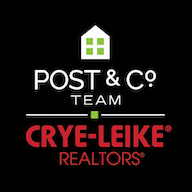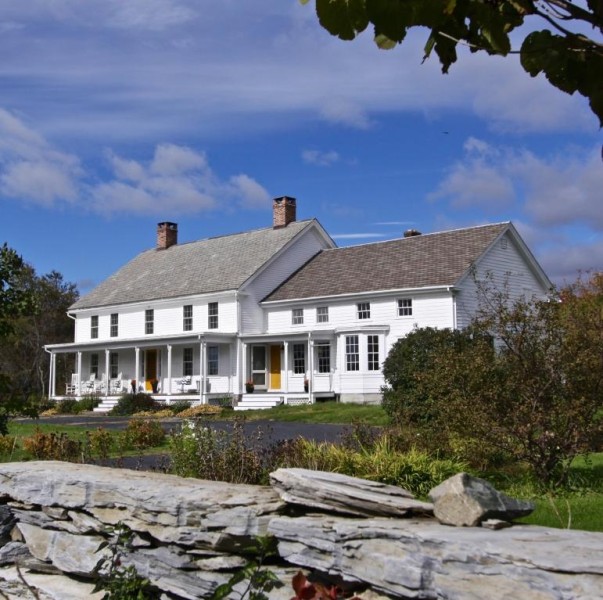Blog



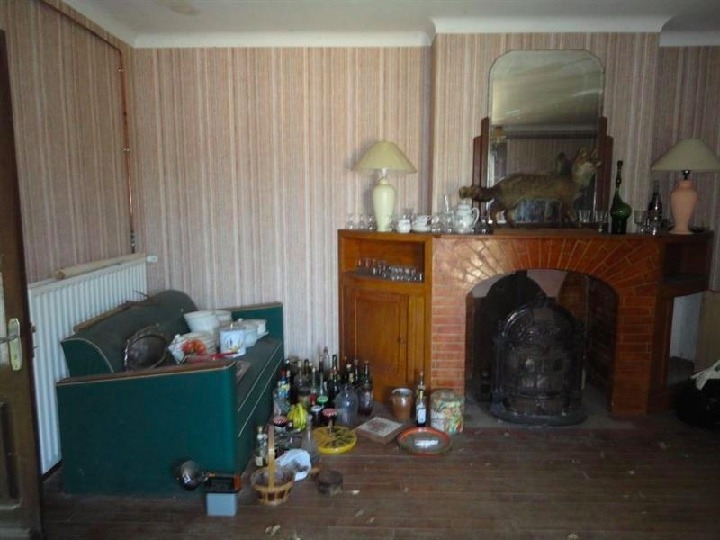






This Saturday from 8:30am-11am, it's trash pickup day for the Adopt-A-Highway Program on Hillsboro Road. You get to wear a sexy yellow vest, eat lots of donuts, and enjoy plenty of witty banter. Don't miss it - RSVP at mike@postandcompany.com


If you've got an extra $15 million lying around and have been thinking, "I need a new pad and kicks," you've lucked out.
Because Michael Jordan really wants to get rid of his Chicago mansion, and he's looking to sweeten the pot with more shoes than anyone should ever want or need.
This news comes to us from Maxim's Adam K. Raymond, who spoke with Jordan's real estate agent, Kofi Nartey, about the home's future.
In short, Jordan's selling the mansion for $14.9 million and offering to throw in "a pair of every edition of signature Air Jordans in the buyer's size."
"If the price is right, we can make almost anything happen," Nartey said.
The shoe thing makes for a cool side offer. It's also indicative of where the housing market is for megamansions these days. Jordan originally listed the 15-bathroom, five-fireplace property in 2012 for $29 million. With the lack of willing buyers, Nartey is clearly getting creative with his selling points. Apparently, selling Michael Jordan's former domicile is a harder project than you'd imagine.
So if you've got the scratch, hit the man up. You can keep the shoes in the heated garage (it fits 15 cars, so you're probably fine).
Dan is on Twitter. He just wants a nice little house with a private putting island.


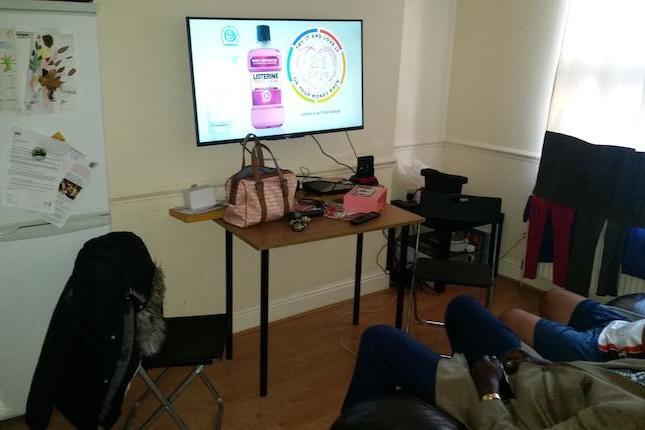











































www.caitlinselle.com


https://postlets.com/s/4325-estes-rd-nashville-tn-37215/15202262
*Master suite on main level and another master suite on second level
*Heavy crown moldings, high ceilings, and two curved stairways
*Chef's kitchen with granite, backsplash, glass front cabinetry, Dacor gas cooktop and double ovens, big island
*Two-story entrance, eat-in kitchen, formal dining room, and separate laundry
*Brazilian hardwoods and three fireplaces
*340 sq ft master suite on main level with double vanities and separate shower and tub
*Guest/in-law suite potential on terrace level - also, billiard room, media room, exercise area, and wet bar
*Wine room with iron gate entrance and 700 bottle capacity
*Electronic gate, three car garage, irrigation system, security system
*English gardens with manicured grounds
*Just a stone's throw from Belle Meade but without Belle Meade taxes
*Weddings have been held here private, park-like backyard with a fountain, gazebo, and pavilion
Photo Tour:
http://www.showcasephotographers.com/sba/index.php?sbo=kj1509183
Offered by Post & Company Real Estate
Mike Post, Broker
http://www.postandcompany.com








In Spain, Entire Villages Are Up For Sale - And They're Going Cheap
The abandoned village of O Penso, in northwest Spain, is for sale for about $230,000. The last resident died a decade ago. The village includes 100 acres with half a dozen houses, two sprawling farms with room for 70 cattle and a stand-alone bread-making kitchen. Lauren Frayer for NPR hide caption

The abandoned village of O Penso, in northwest Spain, is for sale for about $230,000. The last resident died a decade ago. The village includes 100 acres with half a dozen houses, two sprawling farms with room for 70 cattle and a stand-alone bread-making kitchen.
Lauren Frayer for NPREvery August, Spain's countryside comes alive with fiestas.
A jolly trombone player prances through a crowd of revelers in Cantalejo, a small town about 1 1/2 hours' drive north of Madrid. But the hubbub is deceiving - because hardly anyone actually lives here. People come one week a year to party in the villages of their ancestors. During the other 51 weeks, towns like this are deserted.
"There was a time when this place was growing! But not anymore. This pueblo is dying," says Felix Sacristan, who's 55 and unemployed, living in his late grandfather's house. "The only ones left are the elderly. There are lots of abandoned homes."
It makes for cheap housing, he says.
Like much of Spain's central meseta table plateau, this land is dusty and the climate is severe. People joke it's like nine months of winter and three months of fiery hell.
"This land used to be for cereals, but it's difficult to grow anything else," Sacristan says. "And who wants to be a farmer these days now, anyway?"
In northern Europe, the Industrial Revolution pulled people to big cities centuries ago. But in Spain, that migration happened much later - in the mid-20th century. The first wave occurred after the Spanish Civil War in the late 1930s; the second, after Spain's military dictatorship ended in the late 1970s.
Elderly residents gather in a dying village in the Sierra Francia region, northwest of Madrid. Lauren Frayer for
Now nearly half of these villages are abandoned.
Enter Mark Adkinson, a British-born real estate agent who scours the countryside for abandoned properties, and tries to match them up with foreign buyers.
"Some of the places I'm finding have been empty for 50 or 60 years," Adkinson says. "And my job is to try to find the descendants."
He drives around Galicia, dropping off leaflets at boarded-up old homes, asking owners if they'd like to sell. Adkinson unfurls a map annotated with hundreds of abandoned villages as he takes NPR on a visit to one of them.
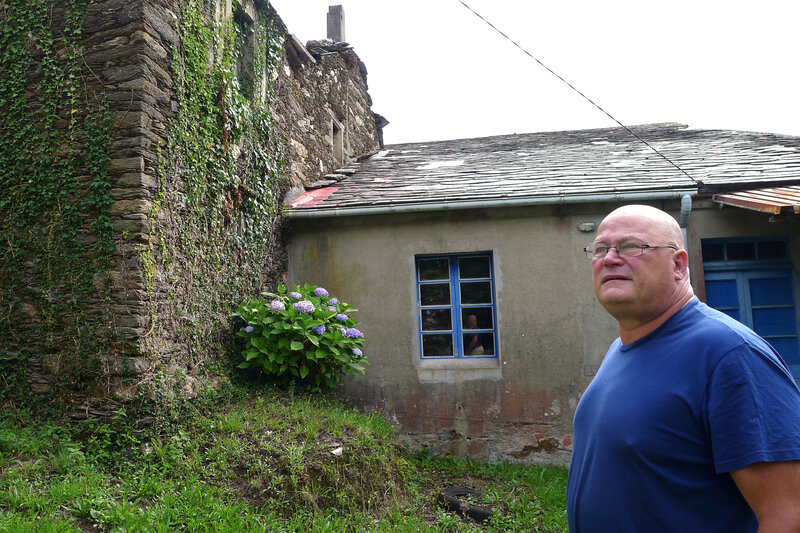 Mark Adkinson, a Briton who lives in Spain, runs a real estate agency selling abandoned villages and other historic properties. Here Adkinson stands amid buildings for sale in the abandoned village of O Penso.
Mark Adkinson, a Briton who lives in Spain, runs a real estate agency selling abandoned villages and other historic properties. Here Adkinson stands amid buildings for sale in the abandoned village of O Penso.Down a track about a mile long, he arrives at the village of O Penso - which has "100 acres of land, a total of six houses, two barns and a big cattle barn that'll hold 70 cattle," he says.
The village, near Ortigueira, comes with free well water and a bakery with a stone hearth. Six miles away, green cliffs drop off onto white sand beaches - and some of Europe's best surfing.
The biggest of the village houses has hardwood floors and five bedrooms overlooking an orchard with peaches, figs, walnuts, apples and pears. At the bottom of the valley, there's a little river full of trout.
The asking price for the whole village: About $230,000 - negotiable. Smaller villages with less fertile land go for tens of thousands. Adkinson has one house for sale for $5,600.
Prospective buyers include British retirees, Adkinson says, and an Indian who has expressed interest in converting the hamlet into a yoga retreat center.
"There's also an American who already lives in Spain and wants to set up an English school here," he says. "I've got lots of buyers who want to go back to nature - and let's face it, there's nothing more natural than this."
O Penso's last resident died a decade ago - leaving the village uninhabited for the first time in perhaps 500 years.
In the surrounding area, "When you talk to the old people, tears come into their eyes," Adkinson says. "They say, 'Oh, there were a lot of kids, this place was alive!' They'd like to see these places picked up and turned around. They don't want them to die."
But many local Spaniards just don't want to live in villages anymore. They migrate to bigger cities for jobs, education, access to public transit and health care.
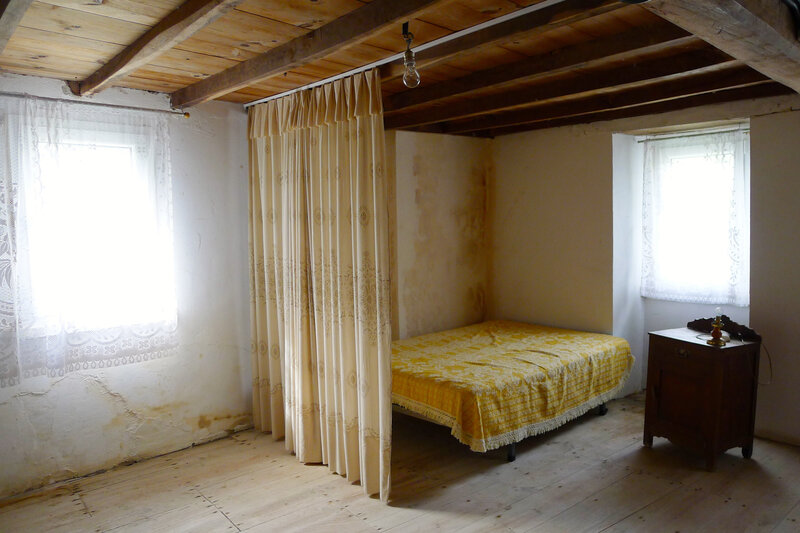
There are six abandoned houses in O Penso, a village for sale in northwest Spain.
Back out on the paved road, at a tiny café, Maria Benedicta Fernandez meets with fellow retirees and reads the morning newspapers. She was among the last to leave the picturesque stone village where she was born. Only the four walls - no roof - remain of her ancestral family home. She prefers now to live in a rented apartment in a bigger town nearby, with a medical center.
"Everyone else left, too, or they've died, and the local school closed," Fernandez says. "There aren't enough children anymore."
Galicia's birth rate is 1.1 offspring per fertile woman - one of the lowest rates in all of Europe. The region is on track to lose a third of its population in the next 35 years.
Desperate times call for desperate measures, says Avelino Luis de Francisco Martinez, the mayor of Cortegada, a rural town in southern Galicia. An abandoned hamlet that's part of his town isn't for sale. He's giving it away.
"For free! Someone just has to promise to renovate the 12 ruined houses," he says. "They're beautiful - bucolic! Next to a river and an 18th century royal procession path."
The challenge? "We just need to find someone to live here in this century," he says.


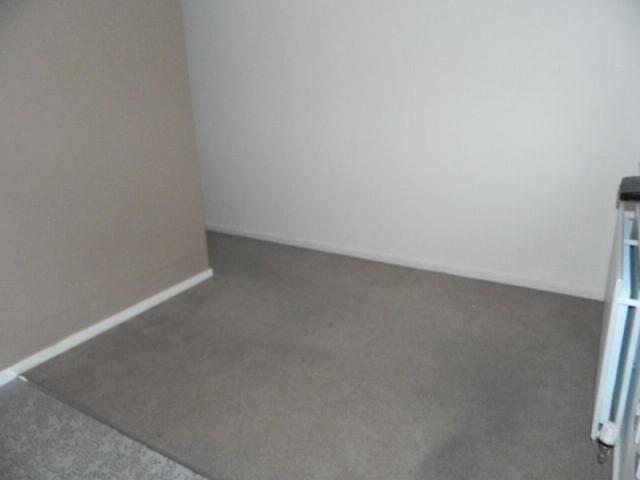



|
|
||
